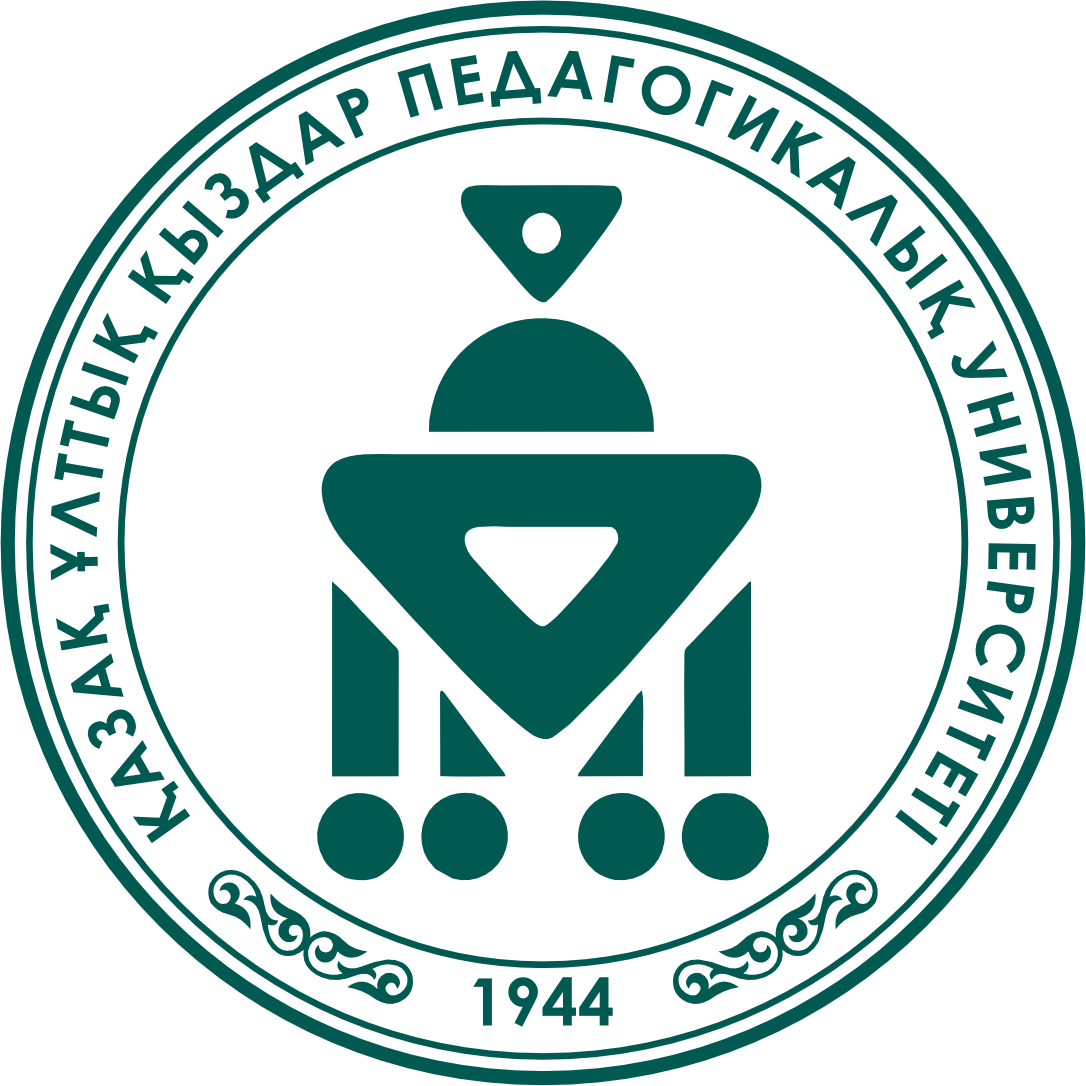6В01706 – Foreign Languages (IP)
-
Education
-
-

Дисциплины ЕНТ
-

Академическая мобильность
-

ECTS
-

Пороговый балл
-

Minor
-
CHARACTERISTIC OF THE EDUCATIONAL PROGRAM
Type of educational program
Innovation programme
Name of the educational program
6B01706-Foreign languages
Field of education
6B01 Pedagogical sciences
Training direction
6B017- Teacher Training in languages and literature
The group of the educational program
6B018-Training of foreign language teachers
Team for development of the educational program:
Leading university:
Akhmet Baitursynuly Kostanay Regional University;
Kazakh National Women's Teacher Training University (changes made)
Participating Universities:
Mahambet Utemisov West Kazakhstan University;
S.Amanzholov East Kazakhstan University;
Pavlodar Pedagogical University;
Kokshetau Shoqan Ualikhanov University;
Taraz University named after Dulati
Justification of the program
Under the World Bank-supported Modernizing Education Project, universities in international cooperation have revised (30) teacher education curricula in line with the principles of competency-based education, which ensures the holistic development of students’ competencies. Moreover, a student-centered approach better prepares future teachers for the teaching profession by providing practical examples, experiments, and experiences that future teachers can transfer to their work in the classroom, taking into account the diverse needs and well-being of students.
In order to meet the requirements of the updated primary and secondary education, the professional competencies of teachers had to be re-evaluated and supplemented. New approaches in secondary education should be reflected in teacher education and graduate profiles. In addition, thirty (30) updated or new educational programs were developed to more effectively improve various general competencies of future teachers - the most important in the teaching profession. Some important pedagogical principles that the Kazakh education system strives to develop, such as inclusiveness and interdisciplinarity, were taken into account. In addition, these educational programs pay special attention to the development of research skills of future teachers so that they become practicing teachers who constantly analyze and evaluate their own practice and the practical activities of their schools for the development of the community and the entire education sector.
Basic principles of the educational program
Competency-based teacher education
The teacher's competence combines competence in the field of pedagogy and his/her subject area with theoretical and practical competence in teaching in various working conditions. The teacher has the knowledge and skills necessary for his/her subject area and is therefore able to teach and guide young people and adults studying the same subject.
The teacher's competence is focused on planning, leading, teaching and assessing. Therefore, the teacher must have sufficient theoretical knowledge on teaching and developing competencies. In addition, in modern working life, special attention is paid to cooperation and networking, skill development, and supporting and maintaining the well-being of both oneself and one's surroundings.
Teacher competence is influenced by changes in the labour market, educational structures and society as a whole, all of which highlight the dynamic nature of teacher work. Work characterized by constant change in a variety of working conditions places emphasis on the teacher’s ability to evaluate and adjust their own work. Self-evaluation skills are an important part of developing professional identity. Teachers constantly make decisions based on values, which means that considering professional ethics is an essential professional skill. Change requires the development of expert knowledge, the ability to learn, and the ability to reform and renew methods of work in society.
Competency-based teacher education curriculum
The competency-based curriculum for teacher education consists of three parts: 1) Pedagogical component, 2) Subject component, 3) Compulsory component. Each of these components includes modules and corresponding courses. The learning outcomes of the courses describe the competencies required in teaching and refer to the sixth level of the NQF (National Qualifications Framework).
The educational program is based on the following basic principles:
- Competency-based approach
- Constructive agreement
- Student-centered approach and methods that promote active learning
- Research-based learning
- Interdisciplinary learning
- Inclusion
- Professional development of teachers and change management
License to engage in educational activities
The educational program is implemented on the basis of the appendix to the License No. KZ75LAA00018542 dated August 04, 2020 in the direction of Training of foreign language teachers, issued by the RSU "Committee for Quality Assurance in the field of Education and Science of the Ministry of Education and Science of the Republic of Kazakhstan".
UNT Subjects
English
History
Educational level by NQF
Bachelor's Degree, level 6
Awarded degree
Bachelor of education in the educational program 6B01706-Foreign languages
The total amount of academic credits
240
Study duration
4 years
-






